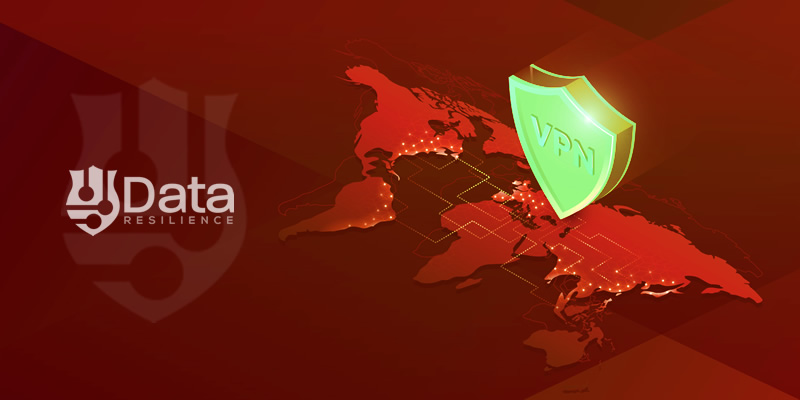During the outbreak of this pandemic, COVID-19 has created a great impact on the corporate sectors. Now the employees are working from home and due to this businesses have to face unprecedented cybersecurity challenges. VPN – Virtual Private Networks are the backbone of any business in today’s era. It provides various entities that make it easy for the employees to work remotely and support the effective coordination of the business partners. VPNs are even useful for your customers of the organization as it provides a secure platform to connect to sensitive corporate information securely. Moreover, VPNs are the best way to reap the benefits of the public internet by creating virtual encrypted communications.
VPNs are vulnerable:
However, a recent study by Cybersecurity Requirements Center Advisory showed that there are several VPN vulnerabilities and they are getting exploited. This has put the reputation of VPNs at stake. It is not considered as the most reliable and trusted method of accessing sensitive corporate data anymore.
There are numerous malicious cyber criminals who are taking advantage of the mass placement of the employees at home working. They have moved a step ahead in exploiting a variety of publicly known vulnerabilities existing in VPNs. The unethical hackers or cybercriminals can have easy access to confidential and sensitive data of the corporate houses and paving a path for extortion, cyber-attacks, breaching of cybersecurity.
Vulnerability Is Due To The Weak Security Protocol:
VPNs exploitation can happen because security protocols do not have the same encryption quality. Due to the weak security protocols, the VPN services are being vulnerable. The weak security protocols make it easy for hackers to attack the connection and use it as the entry point to intervene in the network system.
Single Layer Protection:
VPNs with single-layer protection. The single layer is established by concealing the user’s real IP address and just displaying the main IP address of the private server to the general public. Just a single layer of protection makes the VPNs very vulnerable to unethical attacks as it is quite effortless to remove the single protection layer and expose the real IP address to the hackers.
These days corporate sectors and enterprises are using SSL VPNs which are considered to be highly trusted. But the vulnerability is still prevailing as the hackers have identified alternative potential methods to harvest user accounts and then gain lateral movement to intervene in the network system.
VPNs Do Not Help In Preventing Malware And Viruses:
Most of the popular VPN services provide encryption protocols and some built-in security features such as Surfshark, NordVPN, and Express VPN. But they do not provide protection against potential malware and viruses. Generally, the large servers are big targets for the unethical hackers, it is essential to make use of reputable and trusted VPNs along with proper anti-virus protection.
Here are some tips that will be useful to mitigate the risks of VPN exploitation:
- An organization or team must never assume that the VPN application is 100% secure. You must review the VPN log files on a regular basis to get the evidence of active accounts that might be getting compromised.
- Checkout for connections in the odd times and track if there are any sort of unusual events happening which might need more investigation.
- Always ensure that you can patch and maintain the remote access.
- Your systems must add multi-factor authentication (MFA) while using a VPN.
- Verify the end-user license agreements and examine the reviews before purchasing a VPN solution. You can even ask around for recommendations or consult trusted forums for advice and guidance on VPN solutions.
- Make sure you can update and service the application even in remote locations.
Summary:
The essential purpose of having a VPN is to ensure that online connections and privacy is secure without being worried about third party interventions. This secure connection is established by providing encryption along with regular internet connections. Moreover, to protect the connection from the third party it completely hides the real IP address including the government ISP and websites that you browse.
For more information, visit www.dataresilience.com.au or drop us a note at [email protected]

